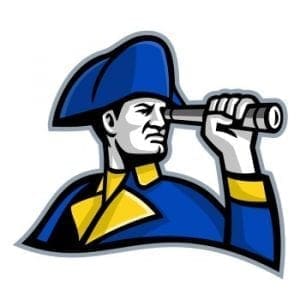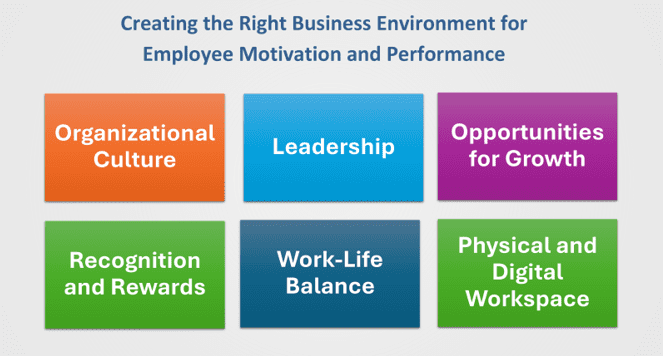
They used to say that the sun never set on the British Empire, and I would hope the same for your hotel! Despite being a relative backwater island rife within internal struggles during the Middle Ages, somehow the United Kingdom rose up to a global seafaring empire for hundreds of years backed by the might of its navy and the meritocratic system underpinning this military branch.
Putting aside the revisionist evidence that takes into account the numerous atrocities that the British Empire committed in the name of conquest – specifically during the Raj Era and the Scramble for Africa – we can all nonetheless learn a ton about how to grow any organization into our own veritable empire by following some examples from Her Majesty’s Naval Service.
Specifically, as a history buff myself, we can look more granularly at three prominent individuals in chronological order who served in this time-honored institution to see how naval lessons might apply to a business in the hospitality industry.
Example one: Admiral Byng
John Byng was a lifer in the Royal Navy, entering the service in his adolescence while his father was an admiral and rising through the ranks during the time when the British were ascending to the top echelon of worldly nations. However, it was his perceived failure to reinforce the garrison against the French during the Battle of Minorca for which he is remembered in that he was the only man of his rank to be court-martialed then executed.
While Byng did indeed have a worthy argument in his favor about not being provided enough resources for his fleet to secure the Mediterranean island, his actions nonetheless reveal a person who gave up before committing every ounce of strength. And the government chose to make an example of him in order to galvanize other officers of rank into being more aggressive in achieving their objectives.
While I would never advocate that you make any sort of toxic sacrifice within your organization in order to instill the sense of fear into the other executives, the bottom line is that the qualities of a leader reverberate throughout a company’s culture. If an admiral isn’t willing to see a battle through to the bitter end, then neither will any of the supporting officers.
When you go about choosing a new member for your team, we often say we want passionate individual, but really we want a scrapper; someone who will dog it out through the long, hard days without giving up then still have enough ambition left over to be proactive about pushing the needle an inch a day.
Example two: Captain Cook
We all know James Cook as the sailor who ‘discovered’ Australia and claimed the continent for the British Empire, but there are many other factors behind his coincidental landing in Botany Bay that history seldom mentions.
For context, understand that Cook’s ship, The Endeavour, was terribly equipped for battle – small and fast but mostly crewed by noncombatants such as artists and botanists, and definitely nowhere near a match for a Spanish, French or Dutch man-o-war out on the open ocean. Thus, his primary mission was not one of conquest but to test the efficacy of a new piece of technology, the sextant, for use in accurately measuring latitude. It was more of a secondary footnote in his briefing to claim any newly discovered lands for the British, for which high command was expecting something more akin to Tahiti in size.
The lesson from the story of Captain Cook is that of the critical need for experimentation. You never know what lucrative opportunities you will uncover through new initiatives and investing in technology.
Moreover, historians would gladly note that if the British hadn’t landed near Sydney then the French or Dutch would have likely claimed the continent within the next couple years. For you this means that while it’s all well and good to talk about technological innovation, you do in fact have a proverbial gun to your head at this very moment because if you don’t act now then your competitors will.
Example three: Viscount Nelson
Like Byng, Horatio Nelson was lifer in the Royal Navy, having started his seafaring career at the prime age of 13 as an ordinary seaman. Unlike Byng, however, he didn’t come from means – having to share his modest, small town family upbringing with ten other siblings – nor did he have a father in a high-ranking position to ease his upward trajectory through pure nepotism.
Nelson is thus a quintessential success story, right up until his untimely yet heroic death from a sniper’s bullet at the climax of the Battle of Trafalgar. One of the most prominent figures to stand against Napoleon Bonaparte, Nelson is in part remembered as the product of a very finely tuned meritocratic naval system that rewarded hard work, intelligence and commitment to serving a higher cause.
As it relates to hospitality, it is so often said that you cannot train for passion and that you must instead seek out and nurture those youth in your organization who already have this internal drive. But, taking Nelson’s example into account, I ask which came first, the career or the passion? When he joined the navy in his adolescence, I doubt that it was a vigorous affection for such a dangerous line of work guiding his decision rather than a more primal need for some form of income to support his family. From there, the passion grew within him, with the transparent system of compensating good work with promotions serving to perpetuate his core motivation.
Think about this in terms of how you retain top talent and how you mentor new recruits. For all you know, your hotel may already have its own Horatio Nelson in its midst, but if you don’t have a solid system in place to continually move these individuals up the chain of command then you are going to lose them. Ambition is a double-edged sword in this regard as said employees are what will propel your business goals forward and yet they will inevitably leave you for more prosperous career pathways if they are not constantly satiated with increased responsibilities and monetary recompense.



















